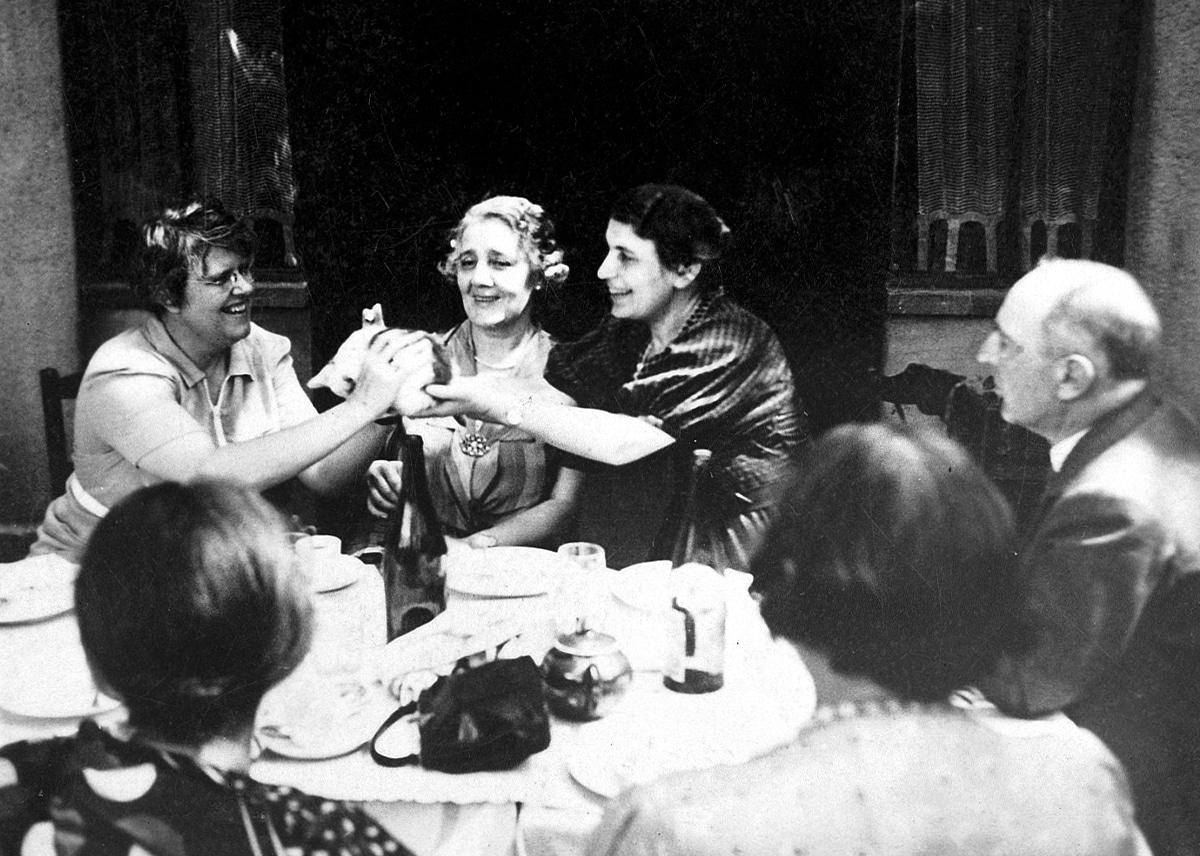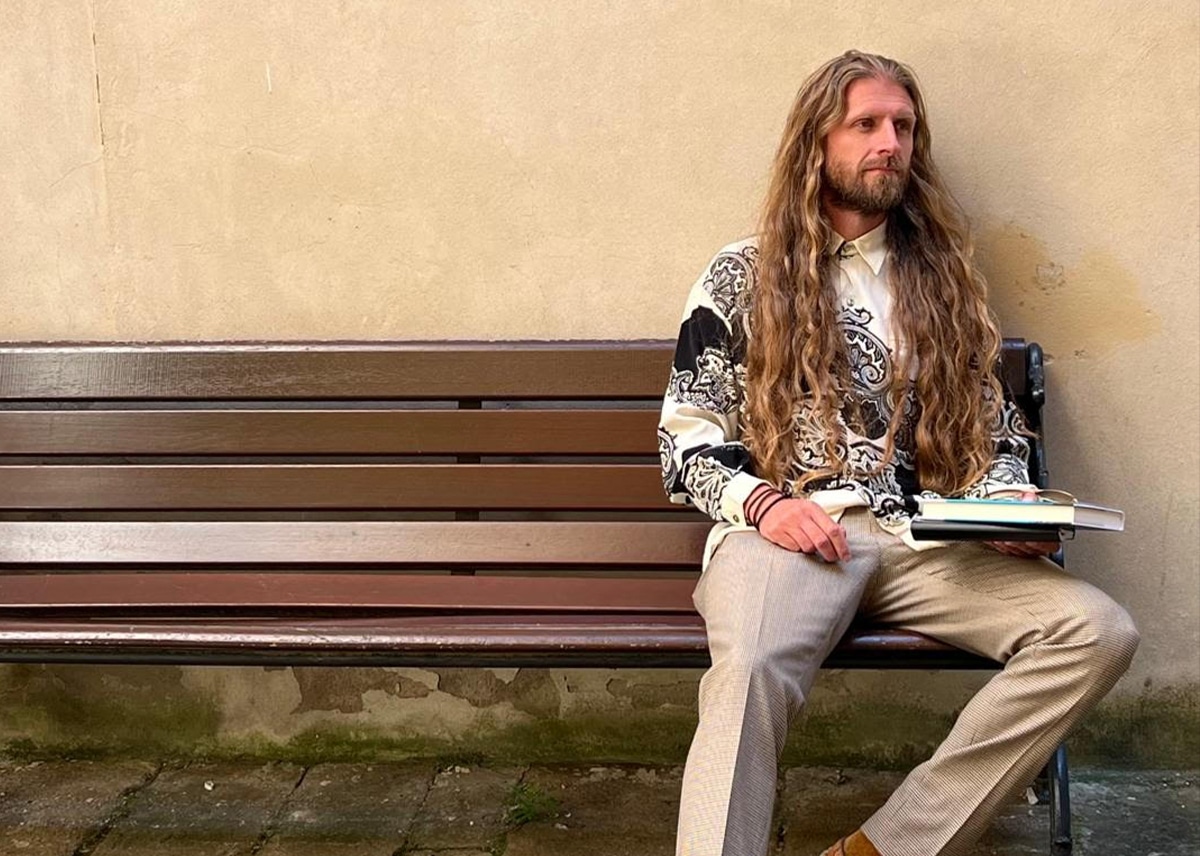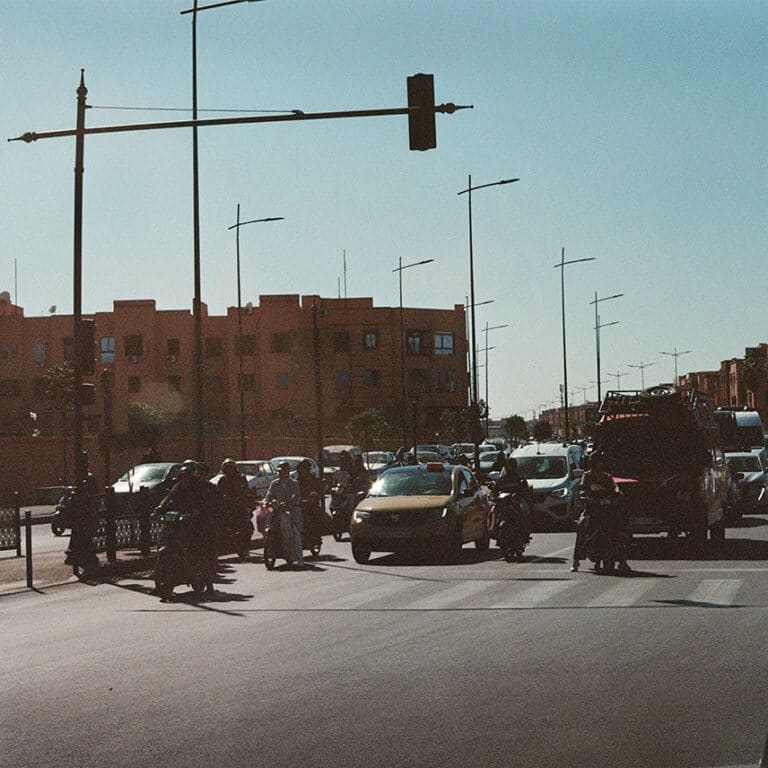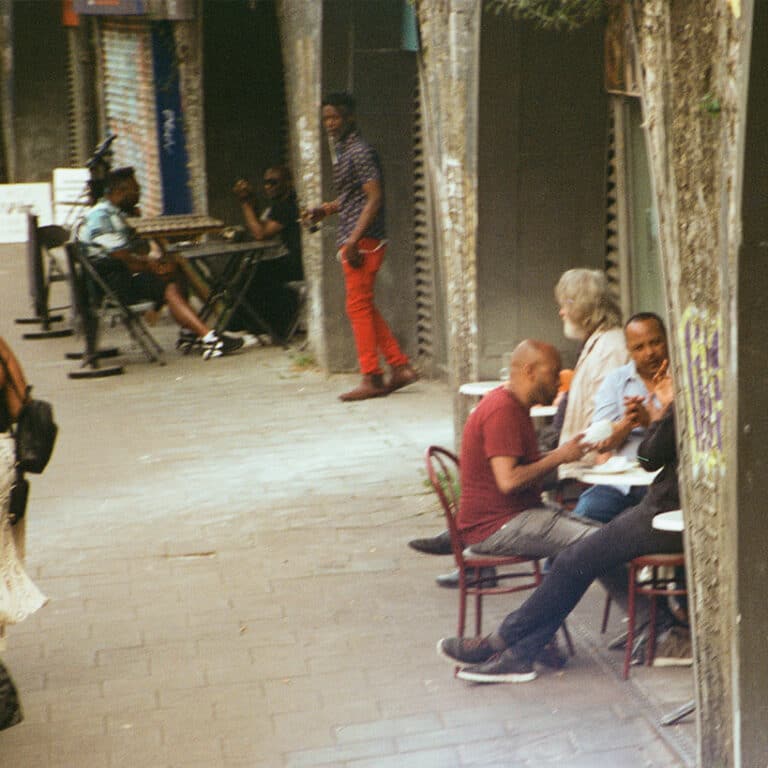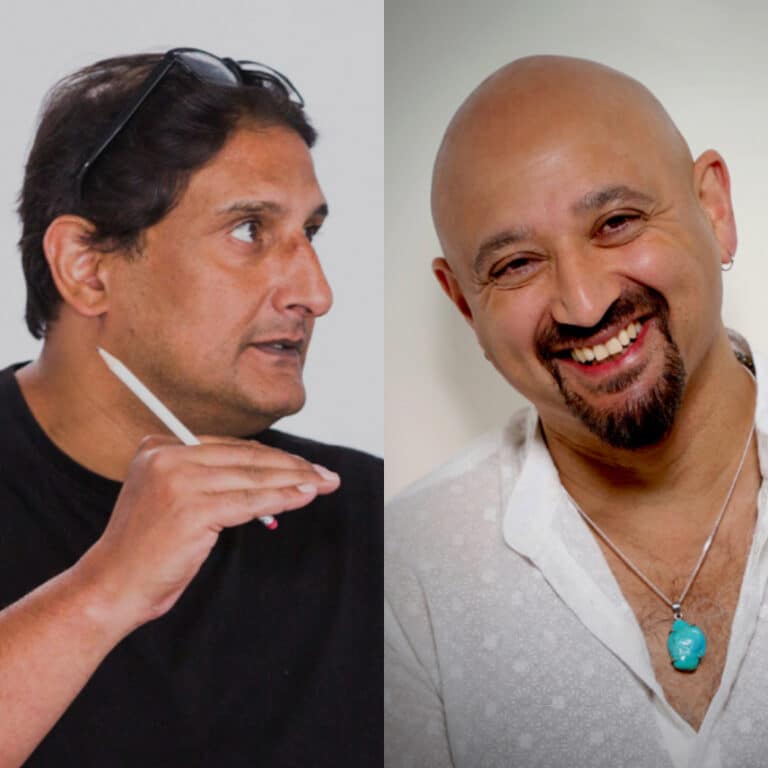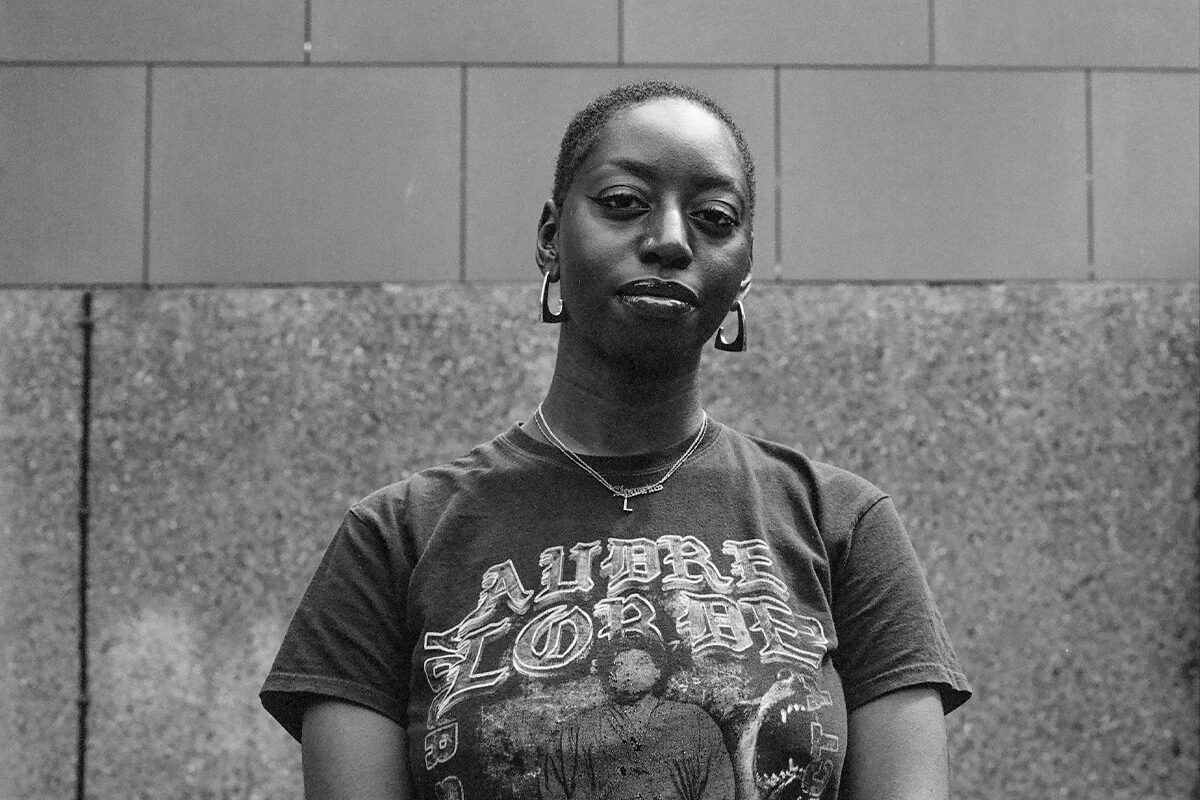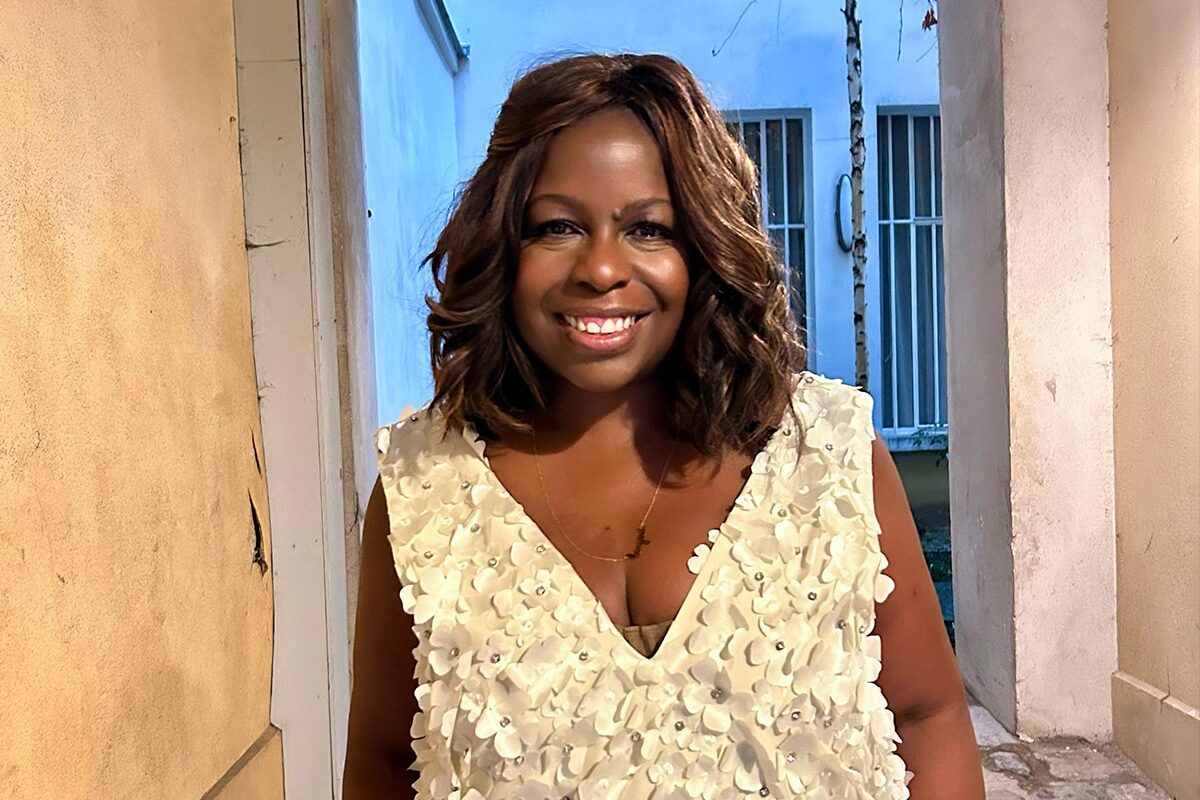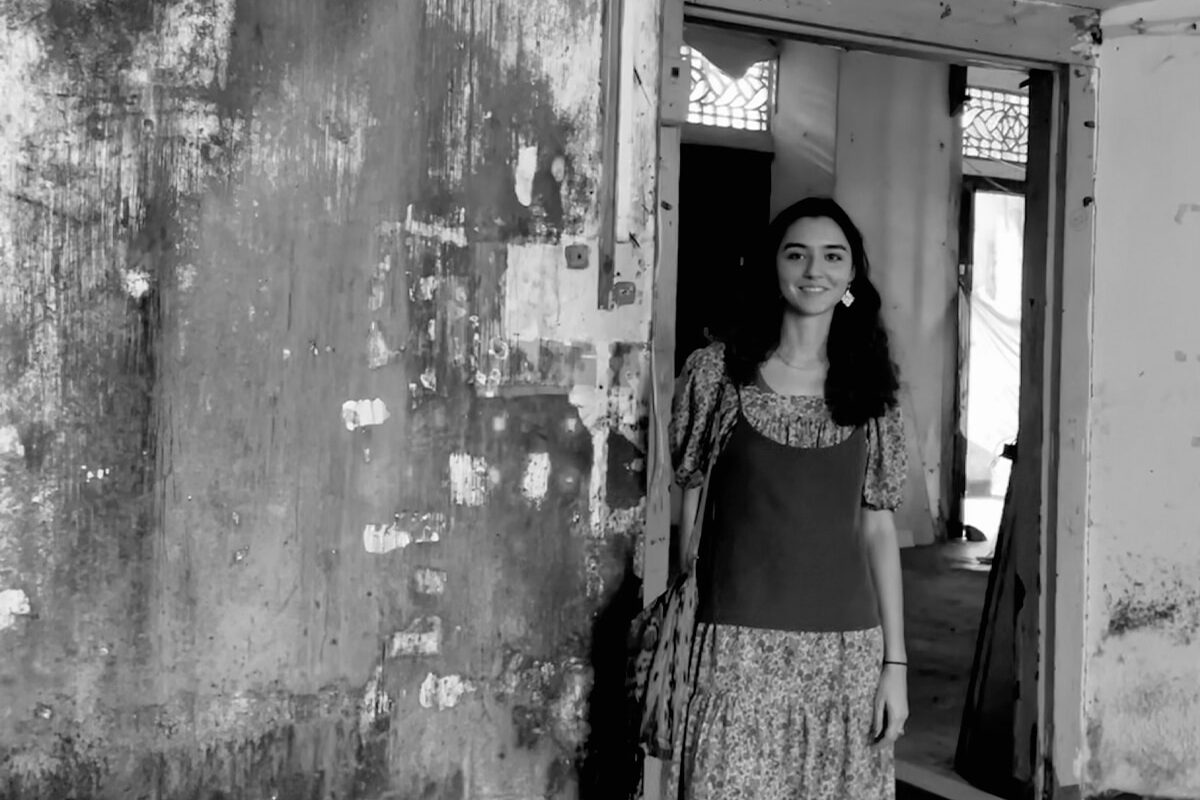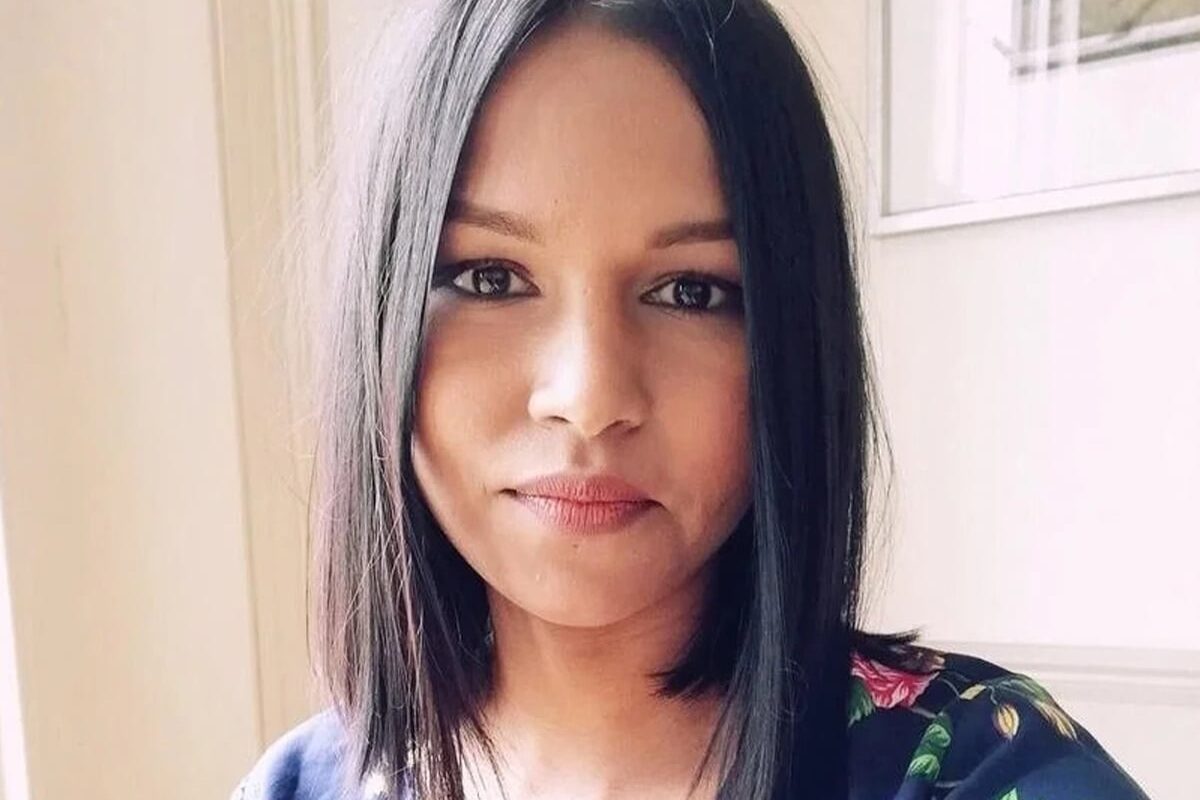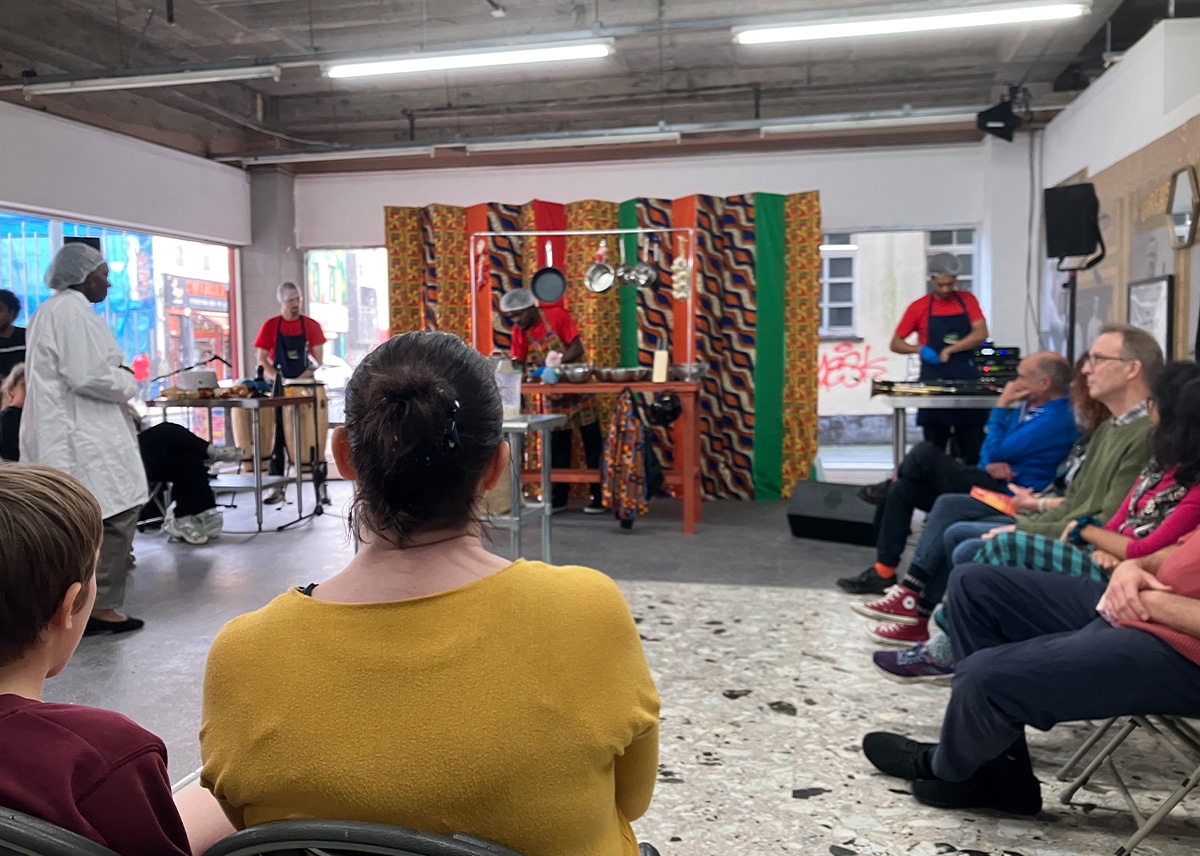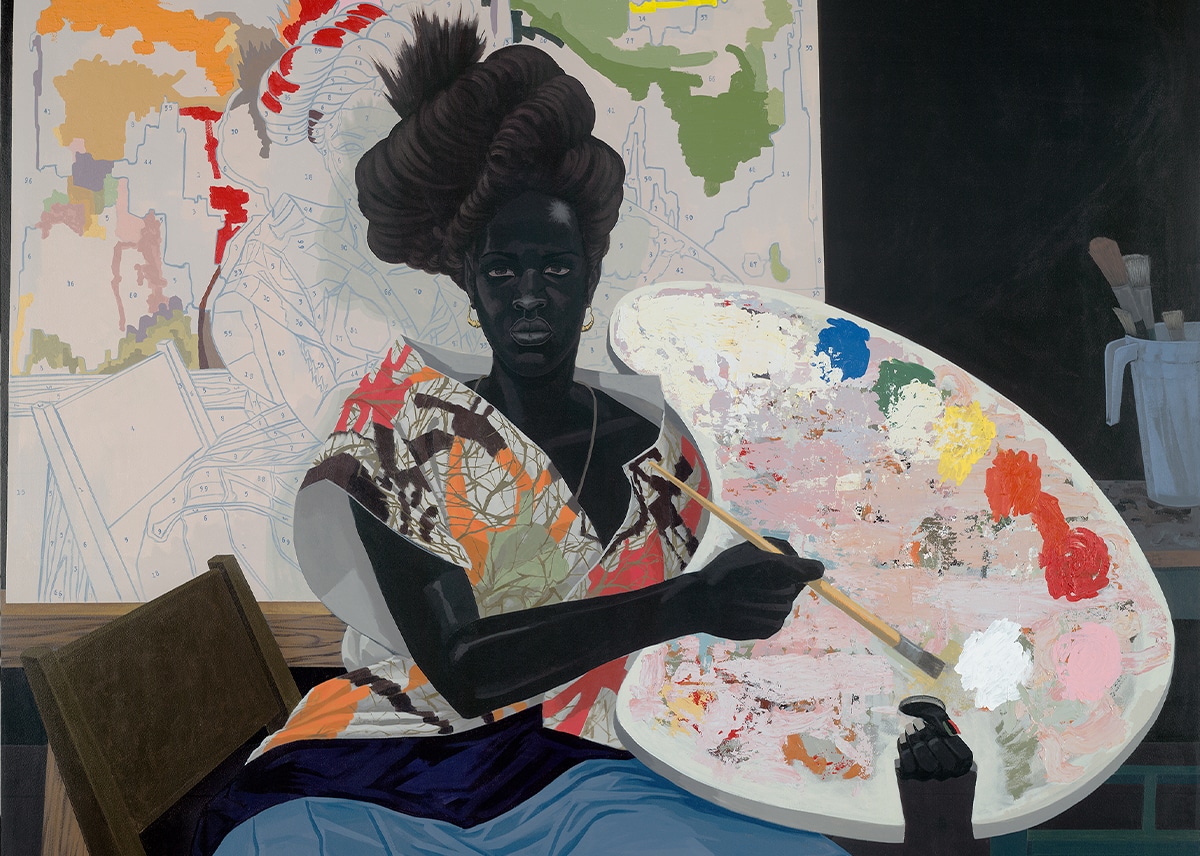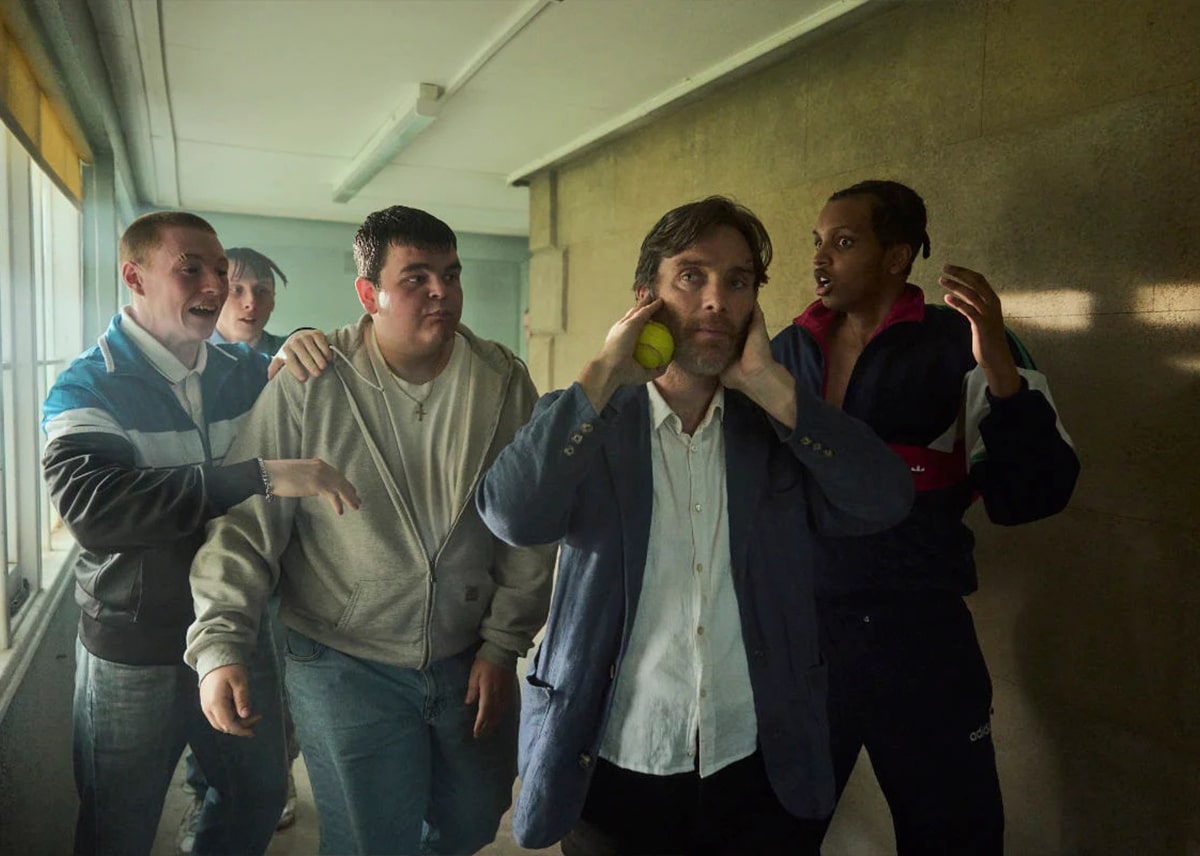The rainy day has come
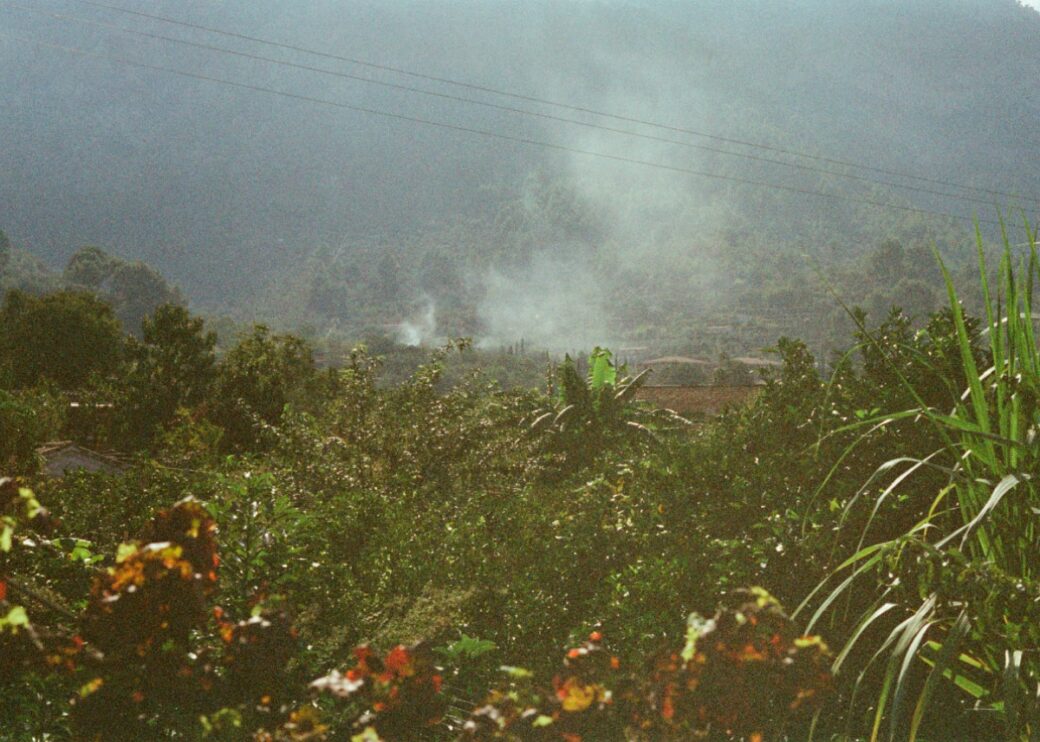
The mighty hurricane Melissa, as it made landfall on Jamaica, focused directly on the parish of St. Elizabeth, described recently by Jamaican officials as the “breadbasket of the country”. St. Elizabeth is a mainly rural parish to the west and south of Jamaica, featuring small villages, a famous resort – Treasure Beach – and an elevation towards the mountainous interior. One such high-up village, Accompong, is a historical site near the border with Trelawny Parish where Africans enslaved under Spanish rule, and the remaining indigenous Taíno people (in honour of whom I chose my name) freed themselves and established an inaccessible fort during the 17th-century naval conflict in which the island was ceded to Britain. The Taíno had lived on the island for more than eight hundred years, knew its topography and the necessity to seek higher ground as storms approached.
St. Elizabeth is where my maternal grandparents were raised and departed from for England during the 1950s Windrush migration wave. Back then, Jamaica walked an uncertain path towards independence while suffering from the knock-on effects of Britain’s role in the second world war. It remained Britain’s colonial possession, yet the funds it would normally receive from the so-called “mother country” were diverted to the war effort. The island was still recovering from the 1944 hurricane that destroyed its banana and coconut crops, on which it was economically dependent. Demand for its Blue Mountain coffee, considered the highest quality in the world, withered. Seasonal labour in the US was blocked due to wartime legislation, deepening issues of unemployment and poverty. Its plentiful bauxite was yet to be industrialised. Despite its issues, Jamaica took the lead in donating money to build fighter planes for Britain.
The postwar outreach for Caribbean nationals to migrate to the UK was met with relief and enthusiasm. My late maternal grandmother, Isoline, was twenty-nine when she left her village of Burnt Savanna, near Black River, the parish capital dubbed “ground zero” by prime minister Andrew Holness in the aftermath of Melissa. Her future husband Cyril also grew up in St. Elizabeth — but they did not know each other until they met in England. Black River, an important and wealthy trade port during the days of slavery, has been obliterated by 180mph winds and submerged under catastrophic amounts of careening brown water, power lines destroyed. Up to ninety percent of house roofs in the locality have been blown away, including that of my great uncle.
To say that Jamaica does not have the infrastructure to withstand annihilating climate events is lazy; few places do. While vulnerable to earthquakes and hurricanes, it is an upper-middle income country with thriving agriculture, mining and services sectors. It hosts almost double its population annually in tourism. Jamaica is a country that never gets too hot but is never cold, requiring a certain building style. Its public infrastructure has been on a constant curve of improvement since the 1990s. Yet, even the most permanent structures can and have failed. In Black River, an 18th-century Anglican church has been flattened, only its bell tower left standing.
We see, regrettably, similar happening in the UK most years, particularly to the south and west wherever milder and wetter winters cause rivers to swell and flood unprepared valleys — and no comparable storm to Melissa has ever touched down here. Up to US$16 billion damage has been wreaked by Melissa in Jamaica alone, with at least nineteen lives lost. Jamaica has insurance – and defensive tactics learned previously – against climate catastrophes, but even that payout would only be a fraction of what is required. The social impact also runs deep, with already vulnerable citizens, such as the homeless, queer and trans people, facing ever greater challenges.
While it is unfortunate, to say the least, that the path of Melissa dragged it directly through Black River as if to part the Red Sea, it cannot be denied that such climate events are happening with greater regularity and intensity due to the refusal by the global north to prioritise the environmental over the capital. Jamaicans, and Caribbean nations as a whole, have contributed almost nothing to the climate crisis and yet are the ones suffering the most collateral damage. They keep having to cripple their economies to pay for their own rebuilding after disasters they are not responsible for. To donate at this time is all well and good, but this should not be an issue of charity. Real, meaningful conversations need to be had as to how Caribbean nations came to be and what they are owed.
Jamaica is important, as are Cuba and Haiti, also ravaged by Melissa. One of Jamaica’s mottoes is wi lickle but wi tallawah – we are small, but we are strong and mighty. It has been their lot to make the best of what they’ve had, and for a nation of its size, its cultural shadow is vast. Many musical and sporting icons, from Bob Marley and Grace Jones to Chris Gayle and Usain Bolt, were born and raised there. Reggae, Rastafari and Pan-Africanism were invented in Jamaica or by Jamaicans. It has given the world more than its fair share of writers, political activists and critical theorists: Marlon James, Claude McKay, Linton Kwesi Johnson, Sylvia Wynter and Stuart Hall. The influence of Jamaican rebel culture on modern working-class masculinity is undeniable.
When slavery was abolished in 1832, over £17 billion in today’s money was raised by the UK taxpayer to compensate the slavers. The formerly enslaved and their dependents have never received a penny. Indeed, that total was only paid back to the British government in full by 2015, which meant that my grandparents and parents continued to pay their former oppressors’ estates for virtually their entire working lives. Reparations are essential to the survival of Caribbean nations as they navigate a crisis not of their making. They must future-proof themselves and show other regions – including the UK – how to outpace the winds of change, for what is happening there today will happen here tomorrow. It is time to pay Jamaica its debt.
Anna Freud at the Freud Museum
An appreciation of Anna Freud's pioneering work as a child psychologist and her place in the Freud Museum, London
The lorry
'What if it was a phantom lorry, and my grandfather, who always showed an interest in my writing, had driven it here from the afterlife to make sure I was hitting my targets every day?'
The seven lamps of writing
I write because I am, and I write because I am not
The Jollof House Party Opera
A joyful, multisensory feast that immerses audiences as active participants in a bustling restaurant kitchen
Kerry James Marshall: The Histories
Kerry James Marshall's paintings at the Royal Academy of Arts preserve the enigma of African Americans whilst humanising them
Steve
The film adaptation of Max Porter's novella Shy is not a story about middle-class adults rescuing troubled youth; the grown-ups aren’t okay

Preaching
'Preaching': A new poem by the T.S.Eliot Prize-winning poet Roger Robinson, from his forthcoming New and Selected Poems (Bloomsbury in 2026).
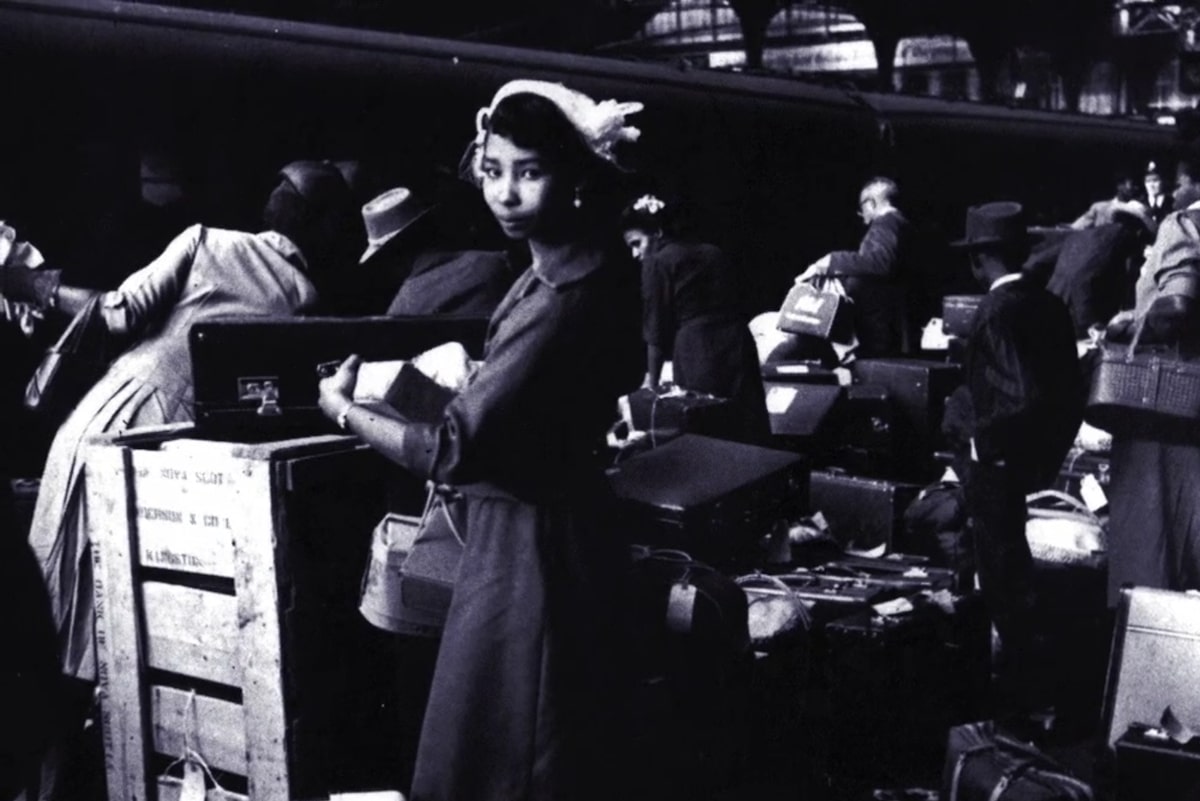
Walking in the Wake
Walking in the Wake was produced for the Estuary Festival (2021) in collaboration with Elsa James, Dubmorphology and Michael McMillan who meditates on the River Thames as we follow black pilgrims traversing sites of Empire.

Illuminating, in-depth conversations between writers.
SpotifyApple Podcasts
Amazon Music
YouTube
Other apps

The series that tells the true-life stories of migration to the UK.
SpotifyApple Podcasts
Amazon Music
YouTube
Other apps


